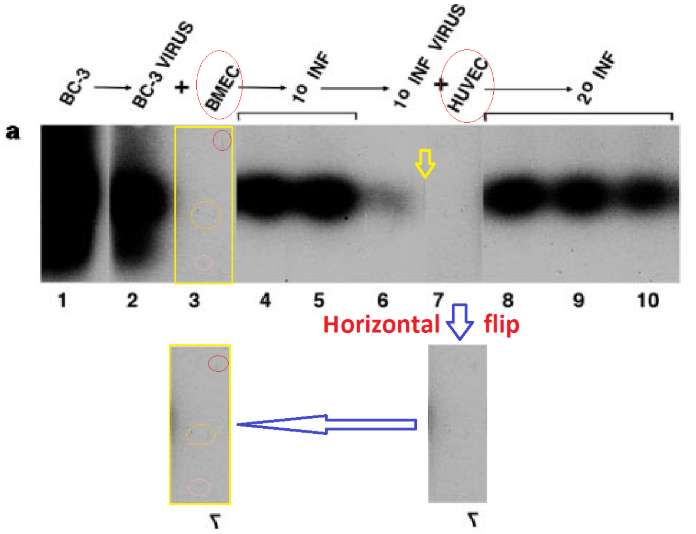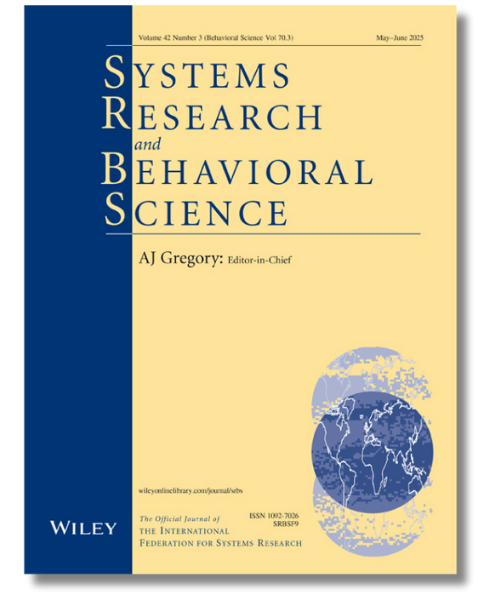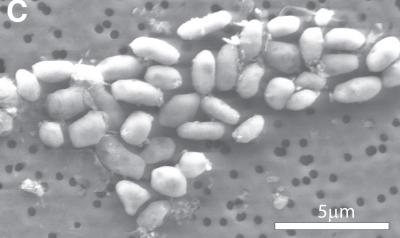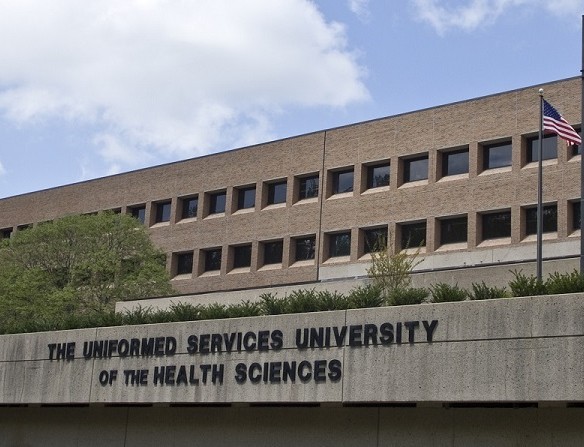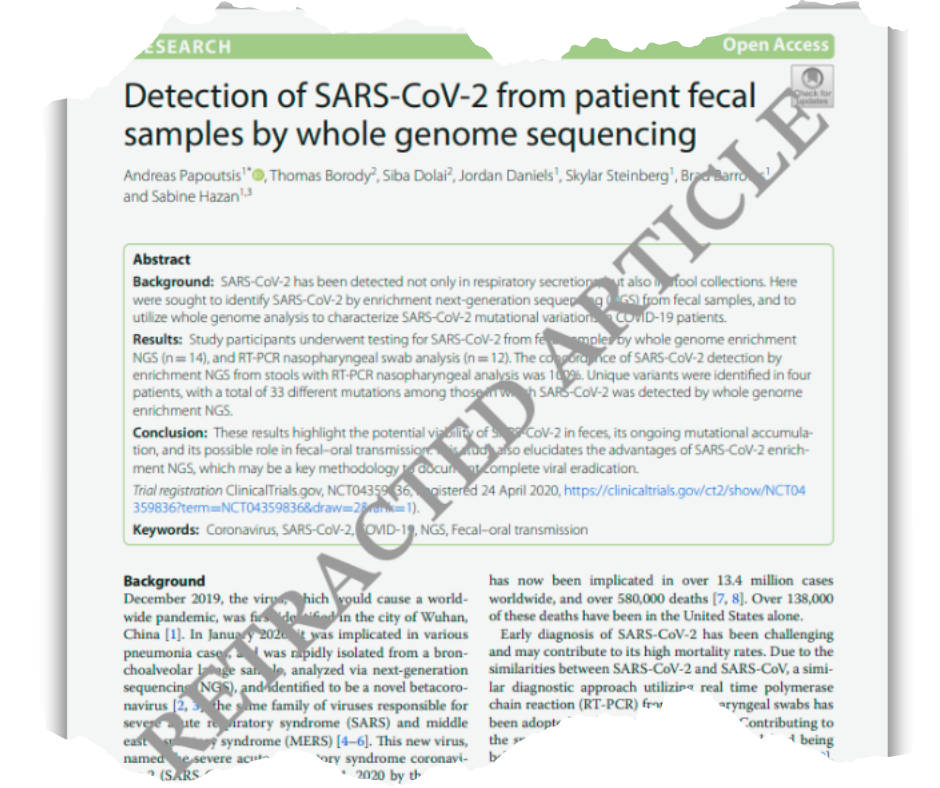Pseudonymous sleuth Claire Francis has flagged thousands of papers over the years, so they rarely see something new. But an email from Frontiers about an upcoming retraction on a paper Francis originally flagged offered just that: The option to be acknowledged in the retraction notice.
After years of publishers not routinely – or even often – naming sleuths despite many asking for their often unpaid and risky work to be acknowledged, the trend of acknowledging who identified issues in papers may be gaining momentum. Frontiers is one of several publishers developing such policies, and the Committee on Publication Ethics (COPE) plans to release new guidelines in August that would recommend this practice.
Frontiers began offering acknowledgements last year, a spokesperson for the company told Retraction Watch. “Once investigations are complete, the third party is informed of the outcome and, if a retraction is to be published, offered the option to be recognized in the notice with a standardized statement,” they said.
Continue reading Noticed: Sleuths are starting to get credit for retractions
